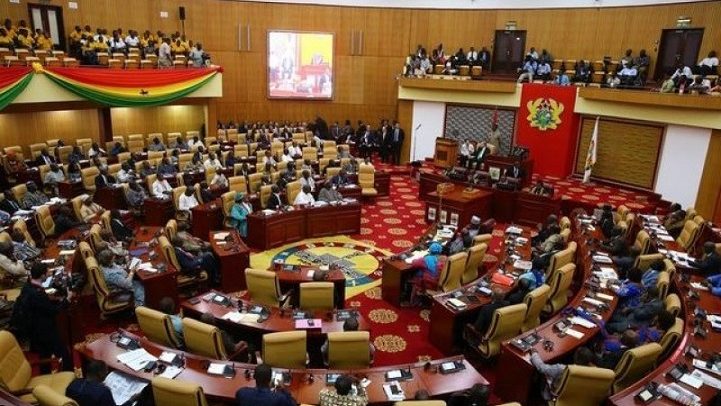
By Ernest Bako WUBONTO
The Acting CEO of Sanitation and Water for All (SWA), Muyatwa Sitali, has underscored a critical need for Ghana to commit 10 percent of its national budget to the Water, Sanitation and Hygiene (WASH) sector to achieve the nation’s development goals and ensure its citizens’ basic rights .
In an interview with B&FT, he argued that this ambitious financial pledge is fundamental to achieving the nation’s US$1.7billion annual financial pledge made in the 2024 presidential commitment.
He noted that Ghana’s most significant strength in its current approach is the decade of strong multi-stakeholder partnerships between government, civil society and media, which has culminated in an integrated WASH agenda with clearly established collective outcomes.
He praised Ghana for its strong history in consistent intergovernmental political prioritisation of water and sanitation, noting that this led the country to be one of the few in Africa to achieve the Millennium Development Goal (MDG) for water. This is in addition to being the first country that established a compact for water and sanitation in 2010.
He indicated that the recent presidential commitment sets the stage for effective collaboration. However, the major bottleneck holding back faster progress toward SDG six – Clean Water and Sanitation – is the financial gap’s sheer scale.
Meeting the US$1.7billion annual target requires allocating about 10 percent of the national budget, a considerable hurdle in a fiscally constrained environment.
“With an additional incentive of a financial pledge set at US$1.7billion annually, the stage has been set for integrated and effective collaboration. However, the financial pledge means about 10 percent of the national budget will need to be allocated,” he said.
Mr. Sitali stressed that overcoming the challenge demands highest political support and innovative financing options to secure this fundamental component of economic growth, people’s survival and environmental sustainability.
Furthermore, he emphasised that the significant economic growth – boosted partly by the ’24-hour economy policy’ – is required to meet ambitions set in the 2024 Compact.
Pathways to Innovative Financing
Mr. Sitali emphasised that for a middle-income country like Ghana, unlocking finance must begin with ensuring the sector is investment-ready. This involves strengthening the foundational systems by improving utility performance, reducing non-revenue water and enhancing billing and collection systems to boost internal resources for reinvestment.
Once the system is ready, he stressed, Ghana can accelerate the development of technically sound, climate-resilient and costed investment pipelines.
The Acting SWA CEO recommended leveraging Ghana’s national development banks and domestic financial institutions by supporting them with clear public mandates and appropriate risk-sharing instruments.
Furthermore, Ghana has the potential to attract international climate adaptation funds and utilise blended finance approaches – such as performance-based grants or guarantees – to strategically reduce risk on public borrowing.
Building Climate Resilience Through Inclusion
Addressing the growing threat of climate change, Mr. Sitali advocated a planning approach that puts people at the centre. “Climate change – causing unpredictable rainfall, floods and droughts – necessitates participatory planning to prevent investments from reinforcing existing inequalities.”
Participatory approaches are critical, bringing together national and local governments, service providers, users and communities to accurately identify who and what is most at risk. The resulting climate-risk assessments become more actionable when communities help map vulnerabilities and marginalised groups voice their daily challenges, he highlighted.
The post Pledge 10% national budget to WASH – Ag. CEO-SWA appeared first on The Business & Financial Times.
Read Full Story

















Facebook
Twitter
Pinterest
Instagram
Google+
YouTube
LinkedIn
RSS